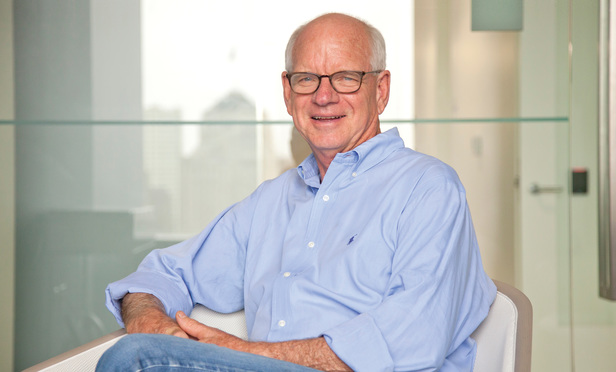SAN FRANCISCO — The settlement is nearly a year old, the attorney fees have been awarded, and the water cooler buzz has fizzled out. But the effects of the Silicon Valley “no-poach” case are still being felt as companies contend with a wave of interest in wage-suppression cases and re-evaluate their own hiring policies.
Last January, Google Inc., Apple Inc., Intel Corp. and Adobe Systems Inc. reached a $415 million deal to resolve claims that they were part of a conspiracy to keep down engineer wages. Plaintiffs lawyers claimed that executives at the highest levels of those Silicon Valley giants had entered a series of overlapping agreements not to recruit each other’s employees, which suppressed mobility and workers’ leverage to negotiate better salaries.The groundbreaking class action, one of the first to successfully apply antitrust law to employment activity, has ushered in a wave of similar suits targeting California animation studios, North Carolina medical schools, a mixed martial arts promoter and additional tech companies. And business leaders have taken note, according to defense lawyers who say they are fielding calls from clients worried their own agreements may be the next targets.



